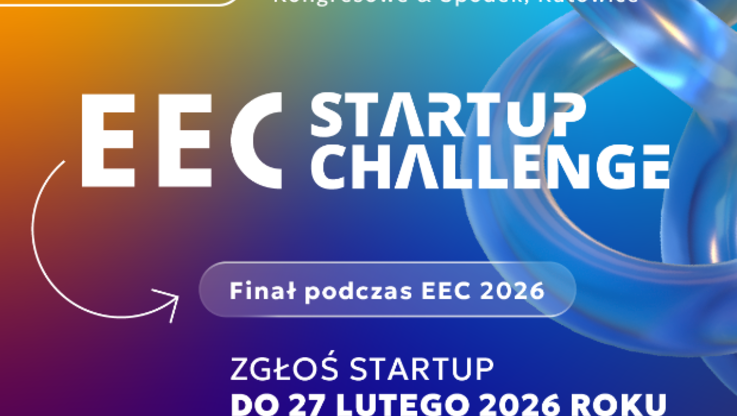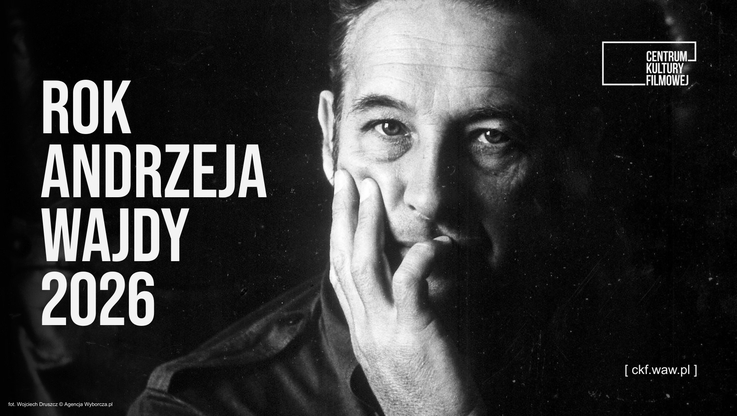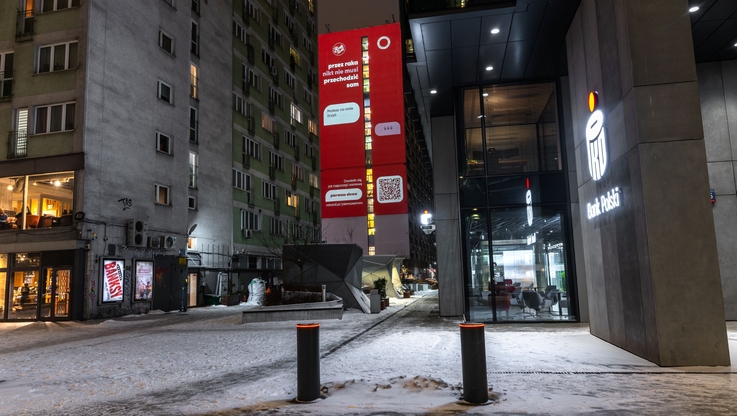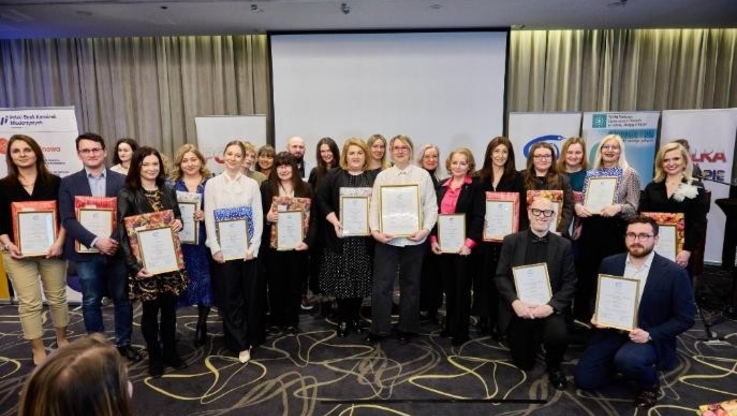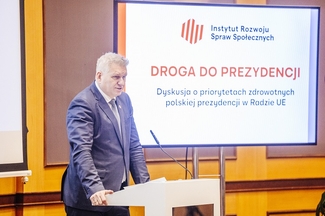Pobierz materiał i Publikuj za darmo
MOUNTAIN VIEW, Calif., Aug. 15, 2017 (GLOBE NEWSWIRE) - Vascular Dynamics, Inc., (VDI) a privately held medical device company developing novel solutions for the treatment of hypertension, today announces that the United States Food and Drug Administration (FDA) has approved the company's Investigational Device Exemption (IDE) application to initiate its pivotal trial for its MobiusHD® System for the treatment of resistant hypertension.
The CALM (Controlling and Lowering Blood Pressure with MobiusHD) 2 trial is a multi-center, prospective, randomized, double-blind, sham-controlled pivotal study designed to evaluate the safety and effectiveness of the MobiusHD System. The company will evaluate patients from select locations throughout the United States whose hypertension remains uncontrolled despite using three or more anti-hypertensive pharmacologic therapies. VDI also intends to conduct the CALM 2 trial in certain European countries following appropriate regulatory authorization.
"The rigor and scientific focus of the Calm 2 trial has been crafted and improved from much of what we learned from prior studies. Calm 2 will offer patients a therapeutic alternative and a level of medical monitoring to which they otherwise would never have access outside of a clinical trial," said Bryan Williams co-Principal Investigator of the Calm 2 trial and Chair of Medicine at University College London and Director of the NIHR UCLH/UCL Biomedical Research Centre and Director of Research at UCL Hospitals. He is Chairman-Elect of the European Council on Hypertension of the European Society of Cardiology.
"In clinical practice, we are regularly faced with those hypertension patients who simply do not respond to medication or lifestyle changes. Initiating this trial is an important step toward identifying additional viable treatments to help this large population of patients," said Gregg Stone, MD, Co-Principal Investigator of the CALM 2 trial and director of cardiovascular research and education for Columbia University Medical Center/New York-Presbyterian Hospital and co-director of medical research and education at the Cardiovascular Research Foundation.
The company has been chosen as a participant in the FDA's Expedited Access Pathway (EAP) program, a focused initiative to significantly accelerate access for US patients and their physicians to innovative medical treatments. VDI is also one of only nine companies chosen for the FDA's Early Feasibility Study Investigational Device Exemptions (IDE) Pilot Program, which enables companies to conduct smaller-scale studies under the guidance of the Agency in the United States in order to meet the requirements for an earlier pathway toward approval.
"Initiating the CALM 2 trial is an important milestone for Vascular Dynamics as it allows us the opportunity to demonstrate the potential utility of our technology in a significant patient population," said Robert Stern, president and CEO of Vascular Dynamics. "With our participation in both the EAP and IDE programs, we also have the unique opportunity to work closely with the FDA to ensure a more rapid start to the trial while still maintaining the high standards of safety, efficacy and scientific validity required by the program."
The MobiusHD System, a minimally-invasive system, capitalizes on the ability of the body's baroreceptor mechanism to regulate blood pressure. Baroreceptors are receptors located in the carotid artery that sense blood pressure and relay that information to the brain. The MobiusHD implant is designed to amplify the signals received by the surrounding arterial baroreceptors, and thereby increase the body's natural response to lower blood pressure through vasodilation.
About Resistant Hypertension
Hypertension, or elevated blood pressure, is a common medical condition that currently affects one billion people worldwide.1 If left untreated, hypertension can cause life-threatening problems, including heart attack, aneurysm, stroke or kidney failure. Patients with hypertension can often reduce their risk factors by making lifestyle changes such as losing weight, quitting smoking, and increased exercise. In cases with advanced hypertension, medical therapies may be prescribed. Resistant hypertension cannot be controlled with medical therapies. Patients experiencing resistant hypertension are at four times greater risk of cardiovascular events compared with hypertensive patients achieving blood pressure targets.2 The American Heart Association (AHA) estimates that high blood pressure costs the U.S. $46 billion each year, including the cost of healthcare services, medications to treat high blood pressure, and lost productivity.
About Vascular Dynamics, Inc.
Vascular Dynamics develops catheter-delivered technologies to bring a better quality of life to patients who are resistant to conventional treatments for hypertension. The device is covered by seven issued and pending U.S. and international patents. The MobiusHD system has received a CE Mark for the treatment of hypertension in the European Union. However, the MobiusHD system is not commercially available in the United States. More information is available at www.vasculardynamics.com.
CAUTION: In the United States, the MobiusHD Device is limited by law to investigational use only.
1 Kearney PM, et al. Global burden of hypertension: Analysis of worldwide data. Lancet. 2005;365(9455):217-23
2 Pierdomenico SD, Lapenna D, Bucci A, et al. Cardiovascular outcome in treated hypertensive patients with responder, masked, false resistant, and true resistant hypertension. Am J Hypertens. 2005;18: 1422-8.
CONTACT:
Jules Abraham
tel. 917-885-7378
e-mail: jabraham@vasculardynamics.com
Pobierz materiał i Publikuj za darmo
bezpośredni link do materiału
| Data publikacji | 16.08.2017, 11:28 |
| Źródło informacji | GlobeNewswire |
| Zastrzeżenie | Za materiał opublikowany w serwisie PAP MediaRoom odpowiedzialność ponosi – z zastrzeżeniem postanowień art. 42 ust. 2 ustawy prawo prasowe – jego nadawca, wskazany każdorazowo jako „źródło informacji”. Informacje podpisane źródłem „PAP MediaRoom” są opracowywane przez dziennikarzy PAP we współpracy z firmami lub instytucjami – w ramach umów na obsługę medialną. Wszystkie materiały opublikowane w serwisie PAP MediaRoom mogą być bezpłatnie wykorzystywane przez media. |
